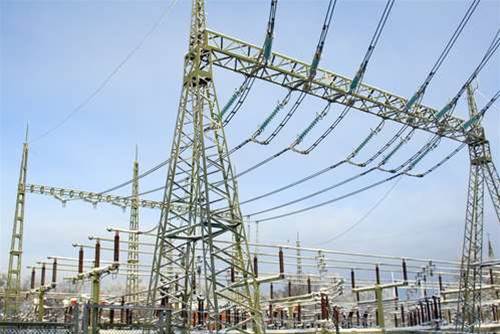West Australian gas and electricity retailer Synergy has told the state's parliament that it has started returning IT functions onshore as the remediation of its billing system replacement draws to a close.

Synergy was publically rebuked by the Premier Colin Barnett in 2012 when it emerged that the company would outsource much of the rebuild of its billing system to Tata Consulting rather than hiring local contractors. Synergy had claimed that it couldn't source the necessary skills in WA.
Synergy's general manager of energy markets Geoff Roberts has now told a WA parliamentary committee that the past 12 months had seen Synergy undergo a “process of bringing [those roles] back onshore to be able to drive efficiencies from that process”.
A spokesman for Synergy could not confirm how many roles would open up in Synergy’s onshore operations as a result. The company is presently ironing out the details of amerger with state-owned energy generator Verve.
“As such it is hard for us to provide definitive information to your questions as the entire structure and future needs of the organisation are still being considered by the CEO, management and board,” he said.
The merger took effect on 1 January 2014, and is expected to result in a number of job losses. It represents a return to a pre-2006 operating structure, before the entities were split by the former ALP state government.
Roberts sought to reassure the committee that Synergy's IT woes are nearly over.
The government-owned company has attracted unwanted attention for its billing system replacement project since as far back as 2009. The new system struggled to keep track of customers, missed entire billing periods and wasn't able to calculate the specifics of green energy schemes.
Several years and more than $95 million later, Synergy executives claim that the system “is pretty much stabilised now”.
“We are certainly over the traumas that we had a few years ago with our billing system,” Roberts said.
The primary marker of the turnaround is a 54 percent reduction in total complaints made in 2012-13, compared to 6000 complaints the previous financial year..
The rate of complaints referred to the state’s energy and water ombudsman was down 29 percent, Roberts said.




_(33).jpg&h=140&w=231&c=1&s=0)
_(28).jpg&h=140&w=231&c=1&s=0)





 iTnews Benchmark Awards 2026
iTnews Benchmark Awards 2026
 iTnews Executive Retreat - Security Leaders Edition
iTnews Executive Retreat - Security Leaders Edition
 iTnews Cloud Covered Breakfast Summit
iTnews Cloud Covered Breakfast Summit
 The 2026 iAwards
The 2026 iAwards












_(1).jpg&h=140&w=231&c=1&s=0)



